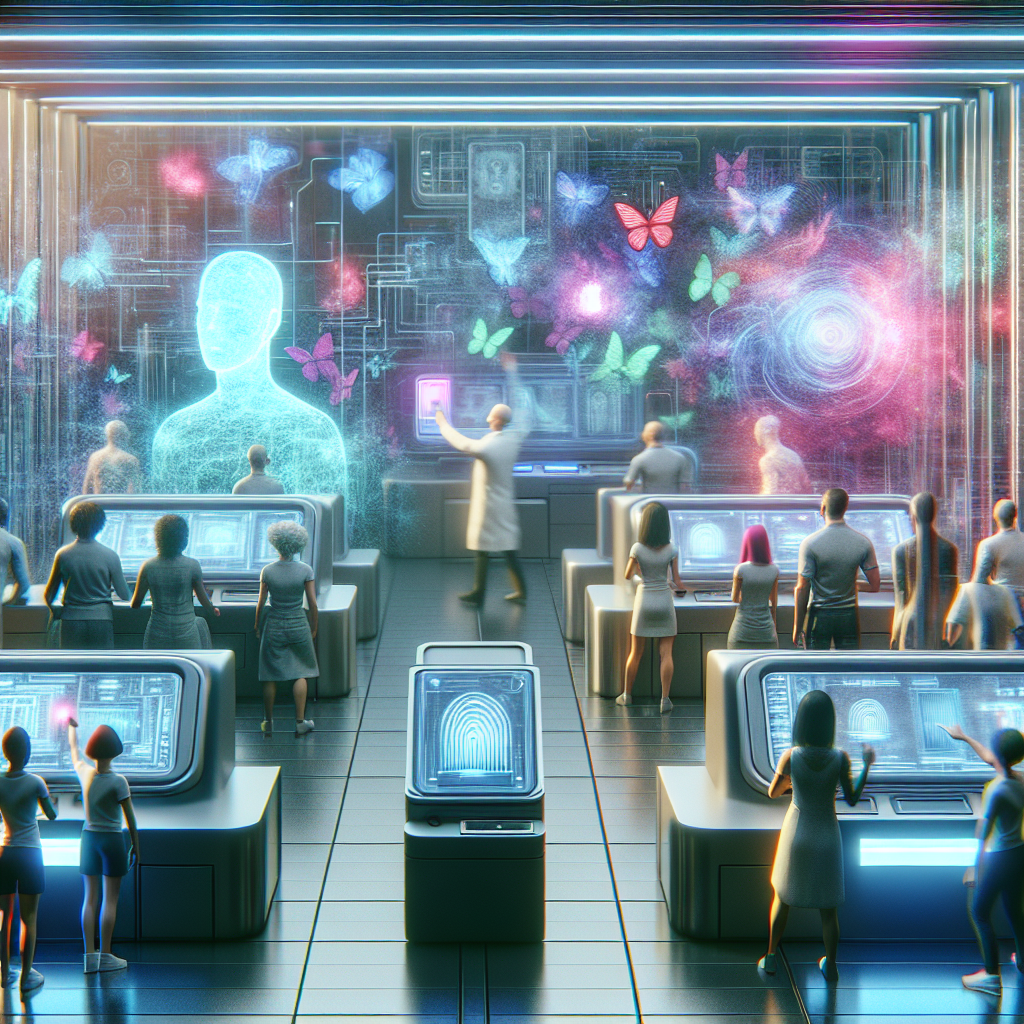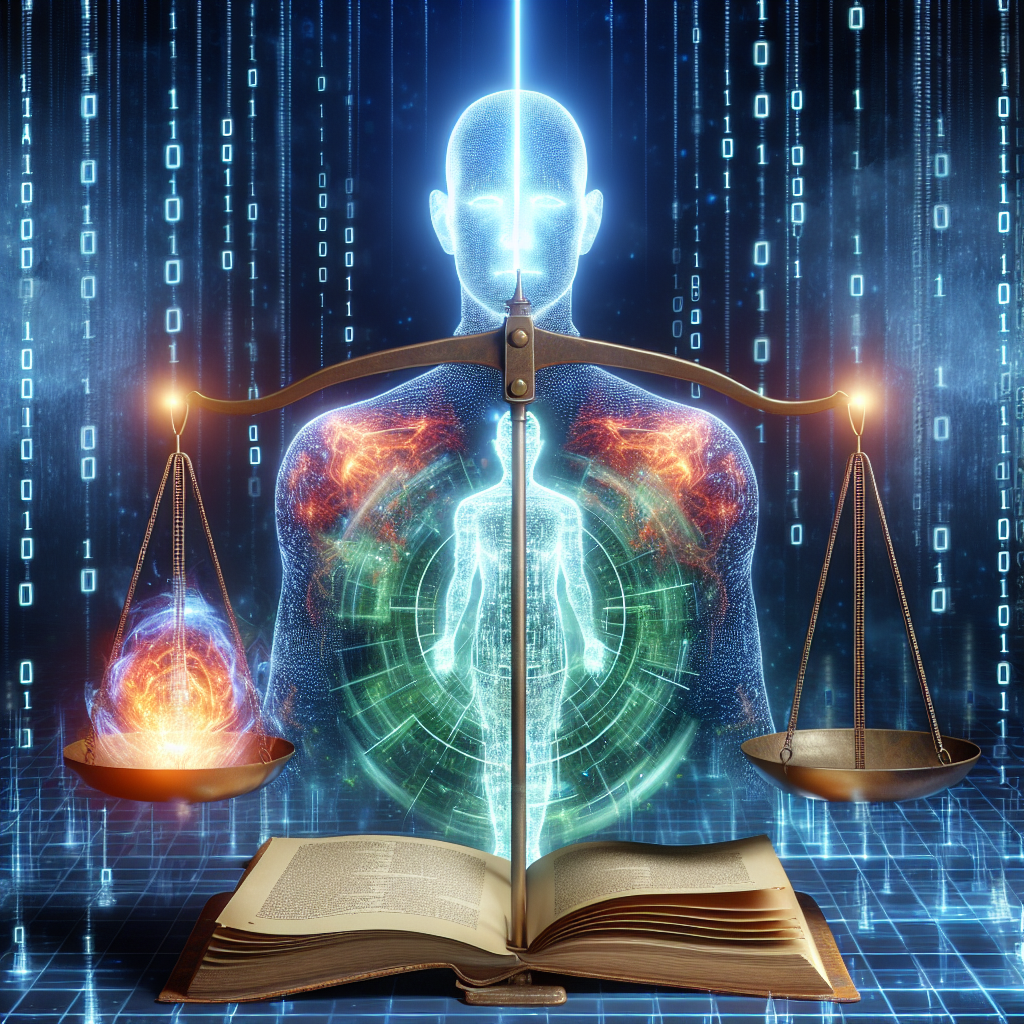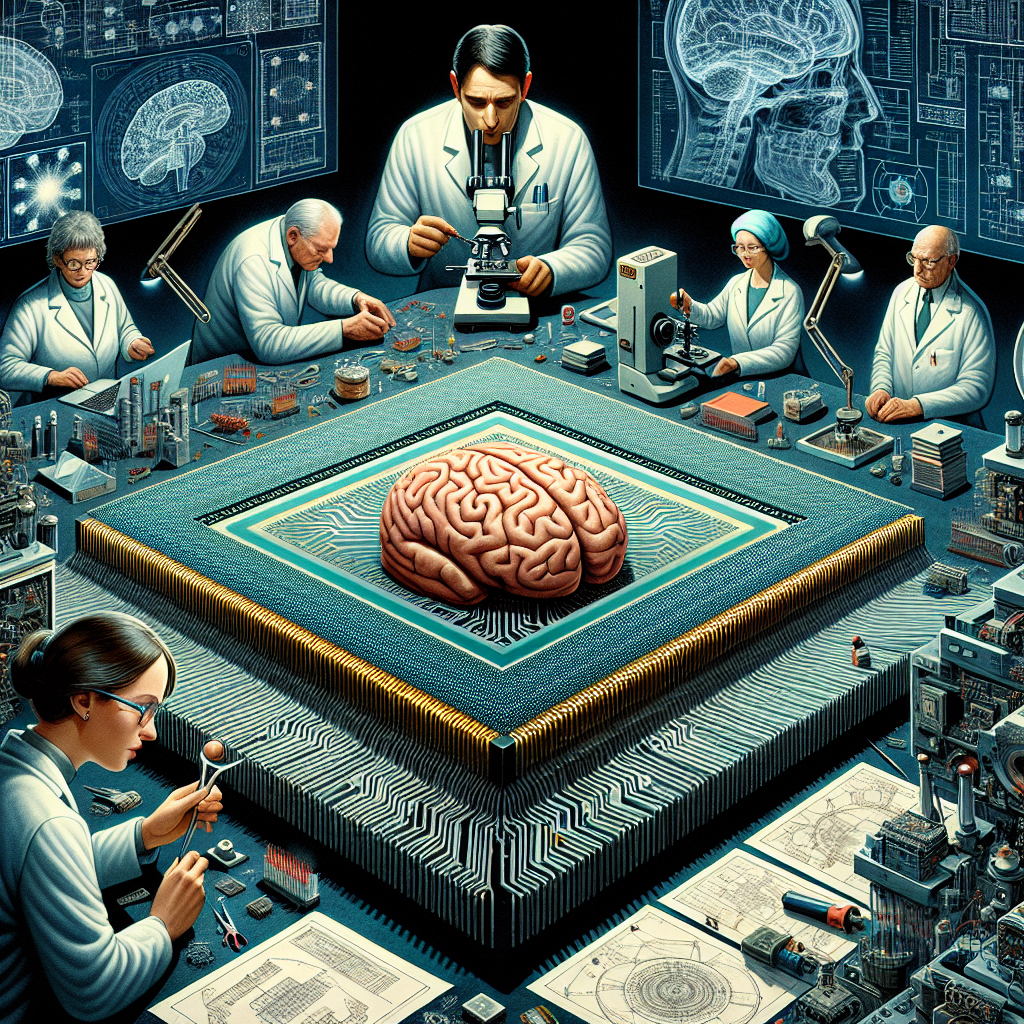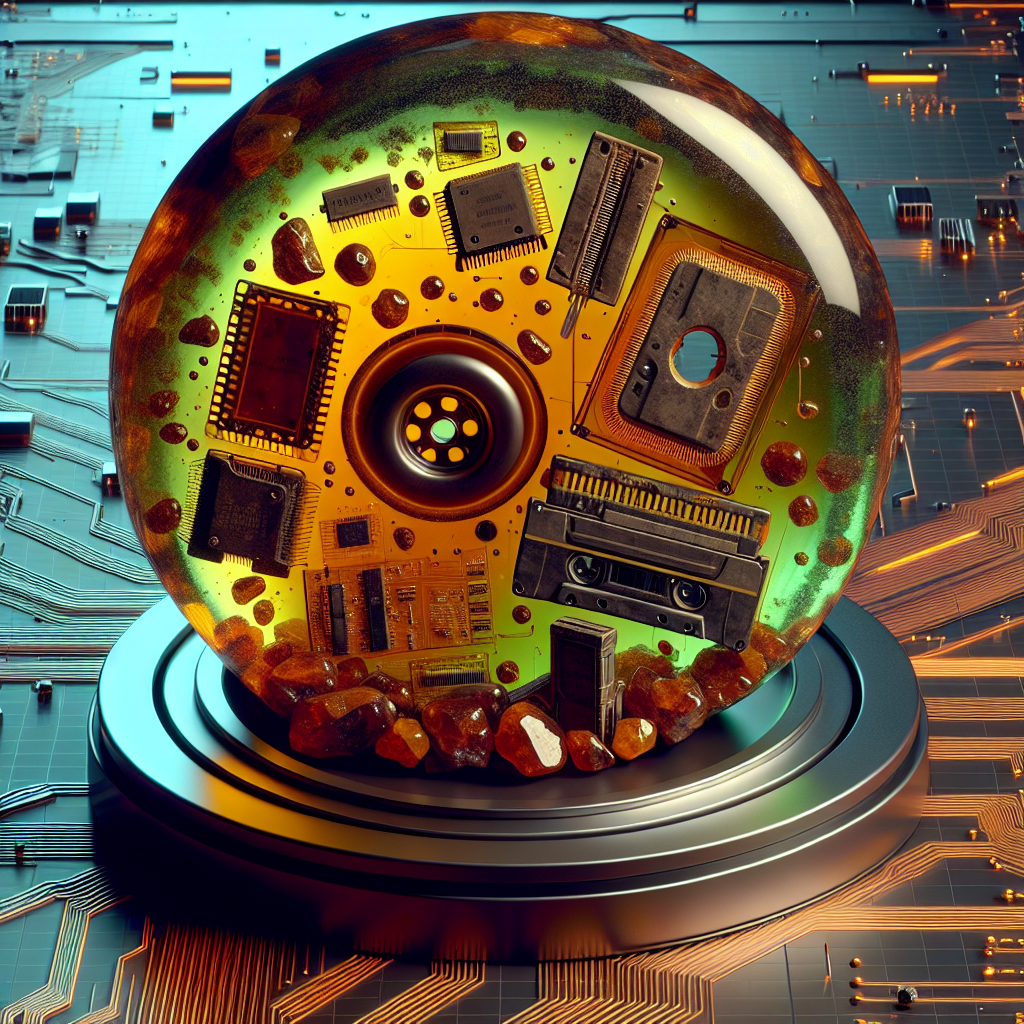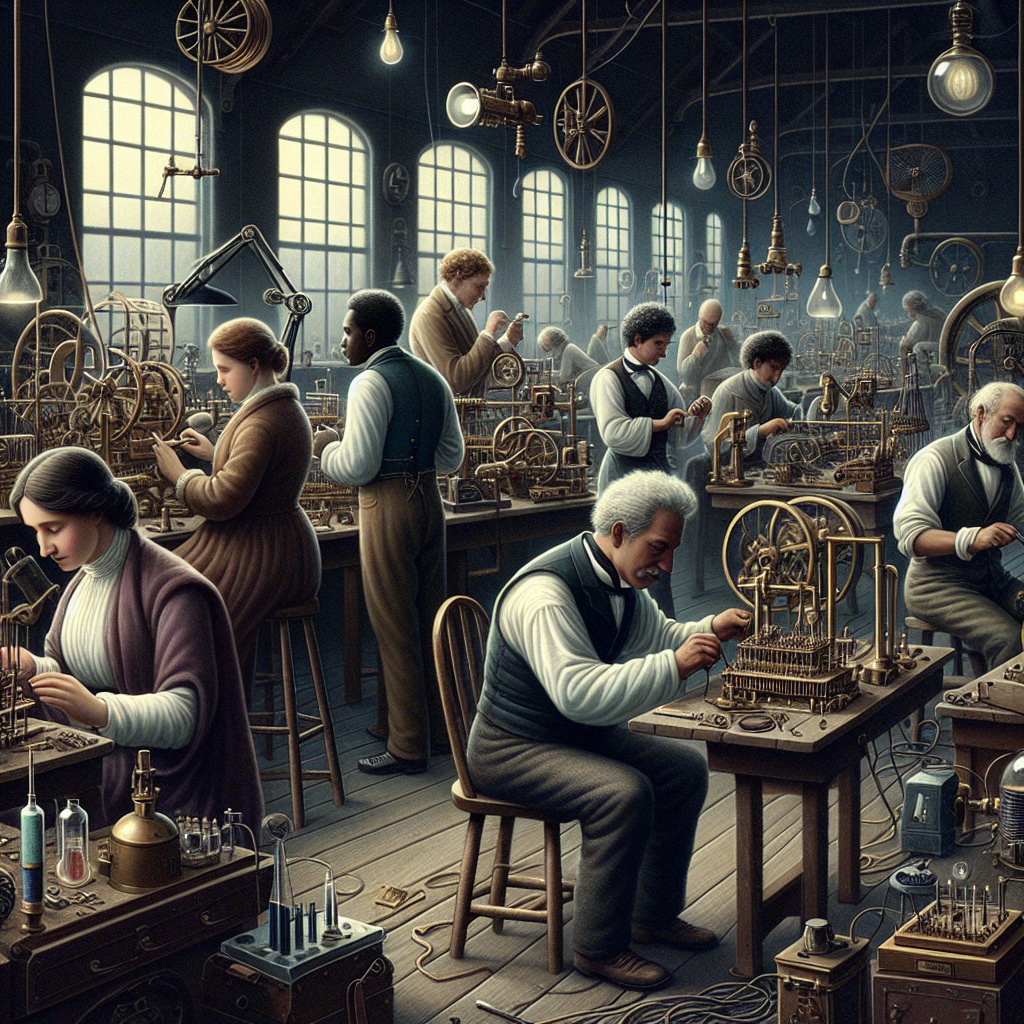For most of human history, memory has been a sacred part of identity—an archive of who we are, what we’ve done, and what we’ve learned. Forgetting was often seen as a flaw, a failure of the brain’s natural storage system. But what if forgetting could be designed, even controlled? As neuroscience and digital technology continue to converge, humanity may be on the edge of redefining what it means to remember—and to forget.
The idea of erasing memories has long belonged to the realm of science fiction. From Eternal Sunshine of the Spotless Mind to Black Mirror, we’ve imagined worlds where painful recollections can be deleted like computer files. Yet, recent developments in neuroscience are bringing that fantasy startlingly close to reality. Researchers have discovered that memories are not static recordings; they are living processes, stored and rewritten every time we recall them. This malleability opens the door to interventions that could alter or even remove specific memories.
One of the most promising—and ethically complex—frontiers is the manipulation of “reconsolidation,” the process by which a recalled memory becomes briefly unstable before being stored again. During this window, scientists can potentially disrupt or modify the memory trace. In animal studies, drugs that block certain neurotransmitters, such as propranolol, have been shown to weaken traumatic associations without erasing the factual memory itself. It’s not pure deletion, but rather a soft rewrite—a way of dimming emotional pain while leaving the narrative intact.
Technology adds a new layer of possibility. Brain–computer interfaces (BCIs), which already allow paralyzed individuals to control robotic limbs, could one day target and edit neural activity with precision. Imagine a device that identifies the neural signature of a traumatic event and suppresses it at will, or software that syncs with your memories as seamlessly as cloud storage syncs with your photos. Start-ups working at the intersection of neurotech and AI are already exploring ways to map and simulate memory networks. The goal isn’t just to erase the bad but to enhance the good—optimizing emotional health, productivity, even creativity.
Yet, the promise of technological forgetting raises profound ethical questions. What happens when we can selectively remove guilt, grief, or fear? These emotions, though painful, play crucial roles in learning and empathy. Forgetting too much might make us less human. There’s also the risk of misuse: governments, corporations, or individuals might seek to erase inconvenient truths, altering not just personal identity but collective history. The power to delete memory could easily become the power to rewrite reality.
Interestingly, we already practice a digital form of forgetting every day. Our smartphones and social media feeds curate what we see, remember, and revisit. We archive what flatters us and delete what embarrasses us, crafting a selective autobiography in pixels. This digital forgetfulness is a subtle rehearsal for what may come—a world where forgetting isn’t accidental but intentional.
Paradoxically, some scientists argue that forgetting is not a defect at all but a feature of intelligence. The brain forgets in order to function efficiently, discarding irrelevant information to make room for the new. Artificial intelligence models mimic this principle: they must “forget” outdated data to improve performance. Perhaps, in the future, controlled forgetting will be as natural to humans as pruning is to neural networks—a way to evolve emotionally and cognitively.
Still, there’s something haunting about the idea of a life without scars. Memories, even painful ones, shape our sense of continuity. They teach us resilience and guide our choices. To erase them entirely might bring relief—but also emptiness. As we edge closer to the technology of forgetting, society will need to decide not just what we can erase, but what we shouldn’t.
The future of forgetting may not be about deleting the past, but about designing our relationship with it. Perhaps we won’t erase memories, but rather learn to edit their influence—reprogramming pain into perspective, and trauma into wisdom. In that balance between remembering and letting go lies a new frontier of humanity: the art of conscious forgetting.
